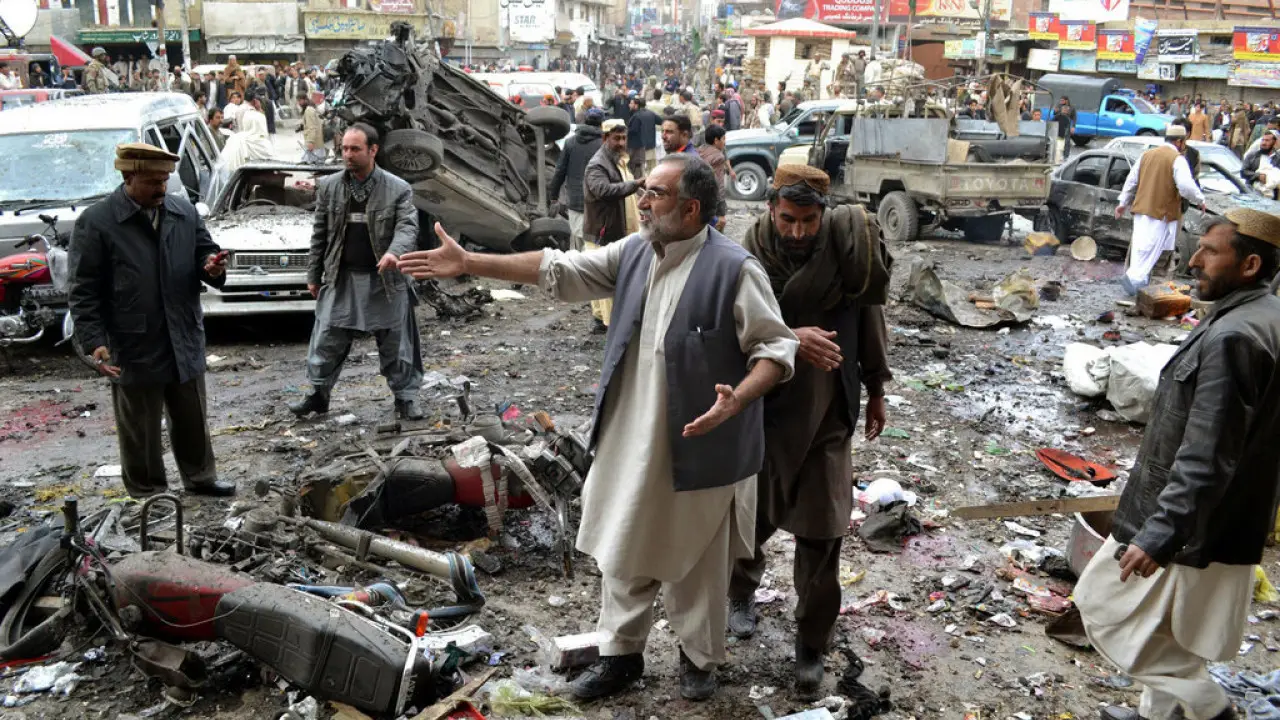
Pakistan (Social Media)
World News:Despite facing heavy losses during India’s successful Operation Sindoor, Pakistan is once again attempting to rebuild its terror infrastructure near the Line of Control. Intelligence agencies have confirmed renewed activity by banned outfits such as Lashkar-e-Taiba and Jaish-e-Mohammed in Pakistan-occupied Kashmir (PoK). Satellite imagery and ground-level inputs indicate fresh recruitment, training sessions, and logistical movements in the region. These developments suggest a deliberate attempt by Pakistan’s ISI to revive cross-border terrorism. Indian security forces remain on high alert, closely monitoring the situation to counter any infiltration attempts or militant build-up.
Sources reveal that terror camps dismantled during Operation Sindoor are being rebuilt in areas like Muzaffarabad and Kotli in Pakistan-occupied Kashmir (PoK). Satellite imagery and human intelligence suggest active recruitment and training are underway. Lashkar-e-Taiba and Jaish-e-Mohammed operatives are regrouping with new handlers. These camps are being funded and protected by Pakistan’s ISI. Weapons, communication devices, and explosives are reportedly being smuggled in. Security agencies in India are on high alert amid these developments.
India’s intelligence community believes Pakistan’s Inter-Services Intelligence (ISI) is directly facilitating the reactivation of terror hubs. ISI handlers are guiding logistics, finances, and communication channels for cross-border infiltration. Their goal is to destabilize regions in Jammu and Kashmir ahead of the upcoming electoral season. The Indian government is raising the matter in global diplomatic circles. Officials say the resurgence of terror reflects Pakistan’s unwillingness to abandon its proxy war tactics. These revelations could further isolate Pakistan internationally.
Launched earlier this year, Operation Sindoor was a large-scale military offensive that dismantled major terror launchpads near the LoC. Indian forces eliminated dozens of militants and destroyed key infrastructure. The mission disrupted infiltration routes and weakened militant morale. However, experts now say that the success was temporary, as Pakistan is determined to restore these networks. Analysts believe constant pressure is needed to prevent long-term revival. The Indian Army continues surveillance and targeted strikes in response.
Intelligence inputs highlight a fresh push to radicalize youth in PoK and parts of Kashmir. Online propaganda, social media campaigns, and cleric-led indoctrination sessions are being reactivated. Recruiters are targeting economically vulnerable young men with promises of money and martyrdom. Radical seminaries in Pakistan are once again being linked to this indoctrination drive. India is planning counter-radicalization programs to counter this trend. The narrative battle is being treated as seriously as physical security threats.
In response, India is reinforcing its border defense strategies with advanced surveillance systems, drone monitoring, and night-vision patrols. New fencing and infrared detection tech are being deployed in vulnerable sectors. Security forces have been instructed to adopt a zero-tolerance approach toward infiltrators. Anti-terror drills have been intensified in Jammu, Kashmir, and Ladakh regions. The Army and paramilitary units remain on high operational readiness. The government emphasizes that any provocation will be met with force.
India is actively briefing international allies and security forums about Pakistan’s duplicity. From the UN to FATF, diplomatic channels are being utilized to highlight terror resurgence. Countries like France and the US have been alerted with detailed dossiers. There is a growing demand for renewed sanctions if Pakistan fails to dismantle terror outfits permanently. New Delhi’s stance is that peace in South Asia depends on Islamabad’s accountability. Global patience appears to be wearing thin.





Copyright © 2026 Top Indian News
